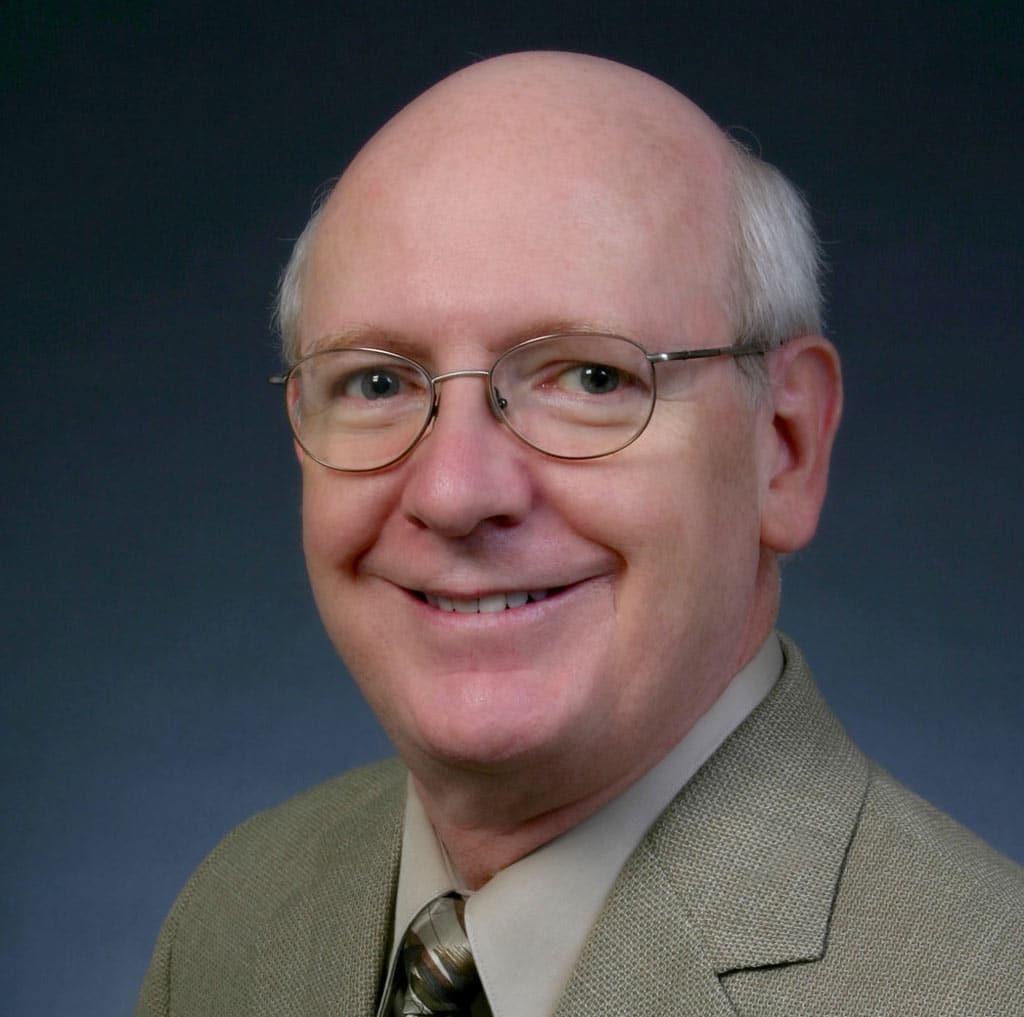In the realm of maxillofacial surgery, the complexities involved in performing re-surgeries are multifaceted. Despite the growing need for these specialized surgical procedures, there appears to be a scarcity of maxillofacial surgeons who exclusively focus on re-surgeries. This raises the question: what factors contribute to this phenomenon?
This article aims to navigate the intricate web of factors that have an impact on the number of maxillofacial surgeons who practice re-surgeries. By examining the various elements such as inadequate training opportunities, limited financial incentives, and the high risk nature of re-surgeries, we can gain a better understanding of why this shortage exists.
Understanding these contributing factors is vital as it enables us to address the issue head-on. By shedding light on the challenges faced by maxillofacial surgeons in this field, we can work towards implementing solutions that will ensure a higher number of skilled professionals are available to perform re-surgeries when needed.
Join us as we dive into the depths of this topic and explore the complexities that hinder maxillofacial surgeons from practicing re-surgeries.
SECTION 1: Understanding the complexities of maxillofacial surgeries
Maxillofacial surgeries are complex procedures that involve the treatment of a wide range of conditions affecting the face, jaws, and mouth. These surgeries are often necessary to correct functional and aesthetic issues resulting from congenital abnormalities, trauma, tumors, or infections. The intricate nature of the maxillofacial region requires a thorough understanding of the anatomy and physiology involved, as well as specialized surgical skills.
One of the main challenges in maxillofacial surgeries is the need for precision and accuracy. The delicate structures involved, such as nerves, blood vessels, and bones, require meticulous surgical techniques to ensure optimal outcomes. Additionally, maxillofacial surgeons must consider the functional and aesthetic aspects of the procedure, aiming to restore both form and function.
Furthermore, maxillofacial surgeries often involve collaboration with other medical professionals, such as dentists, orthodontists, and plastic surgeons. This multidisciplinary approach adds another layer of complexity to the surgical process, requiring effective communication and coordination among the various specialists involved.
Overall, the complexities of maxillofacial surgeries make them challenging procedures that require a high level of expertise and specialized training.br/>
SECTION 2: Factors contributing to the need for re-surgeries in maxillofacial cases
Despite advancements in surgical techniques and technology, there are cases where re-surgeries become necessary in maxillofacial procedures. Several factors contribute to the need for re-surgeries, including inadequate training and expertise, challenges in accurate diagnosis and treatment planning, complications during surgeries, and patient-related factors.
Lack of specialized training and expertise in maxillofacial surgeries
One of the primary factors that contribute to the need for re-surgeries in maxillofacial cases is the lack of specialized training and expertise among surgeons. Maxillofacial surgery is a highly specialized field that requires years of training and experience to master. However, not all surgeons have access to comprehensive training programs or opportunities to specialize in this field.
As a result, some surgeons may lack the necessary skills and knowledge to perform complex maxillofacial procedures effectively. This can lead to suboptimal outcomes or complications that require re-surgeries to correct. Improving training opportunities and ensuring access to specialized education in maxillofacial surgery could help address this issue.
Challenges in accurate diagnosis and treatment planning
Accurate diagnosis and treatment planning are essential in maxillofacial surgeries to ensure successful outcomes. However, the complex nature of maxillofacial conditions can make diagnosis challenging. The use of advanced imaging techniques, such as CT scans and 3D imaging, has greatly improved diagnostic accuracy. However, interpretation of these images and identification of the underlying issues still require expertise and experience.
Inadequate diagnosis or incorrect treatment planning can result in surgical complications or incomplete resolution of the problem, necessitating re-surgeries. Enhancing diagnostic tools and promoting interdisciplinary collaboration among medical professionals can help improve accuracy in diagnosis and treatment planning, reducing the need for re-surgeries.
Complications during maxillofacial surgeries leading to re-surgeries
Maxillofacial surgeries carry inherent risks due to the complex nature of the procedures and the delicate structures involved. Complications can arise during surgery, such as bleeding, infection, nerve damage, or implant failure. These complications may require additional surgeries to address or correct the issues that have arisen.
Minimizing the risk of complications during maxillofacial surgeries requires meticulous surgical techniques, adherence to strict infection control protocols, and careful patient selection. Ongoing training and continuous professional development for maxillofacial surgeons can help improve surgical skills and reduce the occurrence of complications that necessitate re-surgeries.
Impact of patient factors on the need for re-surgeries
Patient-related factors also play a significant role in the need for re-surgeries in maxillofacial cases. Factors such as poor oral hygiene, smoking, systemic health conditions, and non-compliance with post-operative care instructions can increase the risk of complications or hinder the healing process.
Maxillofacial surgeons must educate patients about the importance of maintaining good oral hygiene, adopting healthy lifestyle habits, and adhering to post-operative care instructions. Patient compliance and active participation in the treatment process can significantly reduce the need for re-surgeries and improve overall surgical outcomes.
SECTION 3: Importance of post-operative care and follow-up in reducing re-surgeries
Post-operative care and follow-up play a crucial role in reducing the need for re-surgeries in maxillofacial cases. After surgery, patients must adhere to a comprehensive care plan that includes proper wound care, pain management, medication compliance, and regular follow-up appointments.
Proper wound care, including regular cleaning and the use of prescribed medications, can help prevent complications such as infection or delayed healing. Pain management is essential to ensure patient comfort and facilitate the healing process. Follow-up appointments allow maxillofacial surgeons to monitor the progress of the healing process, identify any potential issues, and intervene promptly if necessary.
Moreover, post-operative care provides an opportunity for patient education and counseling. Surgeons can educate patients about the signs and symptoms of complications, the importance of maintaining good oral hygiene, and the long-term care required for optimal outcomes. Empowering patients with knowledge and support can significantly reduce the need for re-surgeries and improve patient satisfaction.
SECTION 4: Strategies to minimize the need for re-surgeries in maxillofacial cases
Minimizing the need for re-surgeries in maxillofacial cases requires a comprehensive approach that addresses the various factors involved. Here are some strategies that can be implemented to achieve this:
– Enhance specialized training and education opportunities for maxillofacial surgeons to ensure they possess the necessary skills and expertise.
– Promote interdisciplinary collaboration among medical professionals involved in maxillofacial surgeries to improve accuracy in diagnosis and treatment planning.
– Emphasize continuous professional development for maxillofacial surgeons to enhance surgical skills and reduce the occurrence of complications.
– Implement comprehensive pre-operative patient assessment protocols to identify potential risk factors and optimize patient outcomes.
– Provide extensive patient education and counseling to promote compliance with post-operative care instructions and healthy lifestyle habits.
– Establish robust post-operative care programs that include regular follow-up appointments, wound care, pain management, and patient support.
By implementing these strategies, we can work towards reducing the need for re-surgeries in maxillofacial cases, thereby improving patient outcomes and ensuring a higher number of skilled maxillofacial surgeons are available to cater to the growing demand.
Conclusion and recommendations for improved maxillofacial surgical outcomes
In conclusion, the scarcity of maxillofacial surgeons practicing re-surgeries stems from a combination of factors such as inadequate training, challenges in accurate diagnosis and treatment planning, complications during surgeries, and patient-related factors. Addressing these factors requires a comprehensive approach that includes enhancing specialized training opportunities, promoting interdisciplinary collaboration, and implementing strategies to minimize the need for re-surgeries.
To improve maxillofacial surgical outcomes, it is crucial to prioritize continuous professional development for maxillofacial surgeons, establish robust post-operative care programs, and educate patients about the importance of compliance with post-operative care instructions. By doing so, we can ensure that more skilled maxillofacial surgeons are available to meet the growing demand for re-surgeries, ultimately improving patient outcomes and quality of life.
As the complexities of maxillofacial surgeries continue to challenge the field, it is essential to invest in ongoing research and innovation to further advance surgical techniques and improve treatment outcomes. By working together, medical professionals, educators, and policymakers can create a future where maxillofacial surgeries are performed with the utmost precision and expertise, reducing the need for re-surgeries and improving patient satisfaction.






